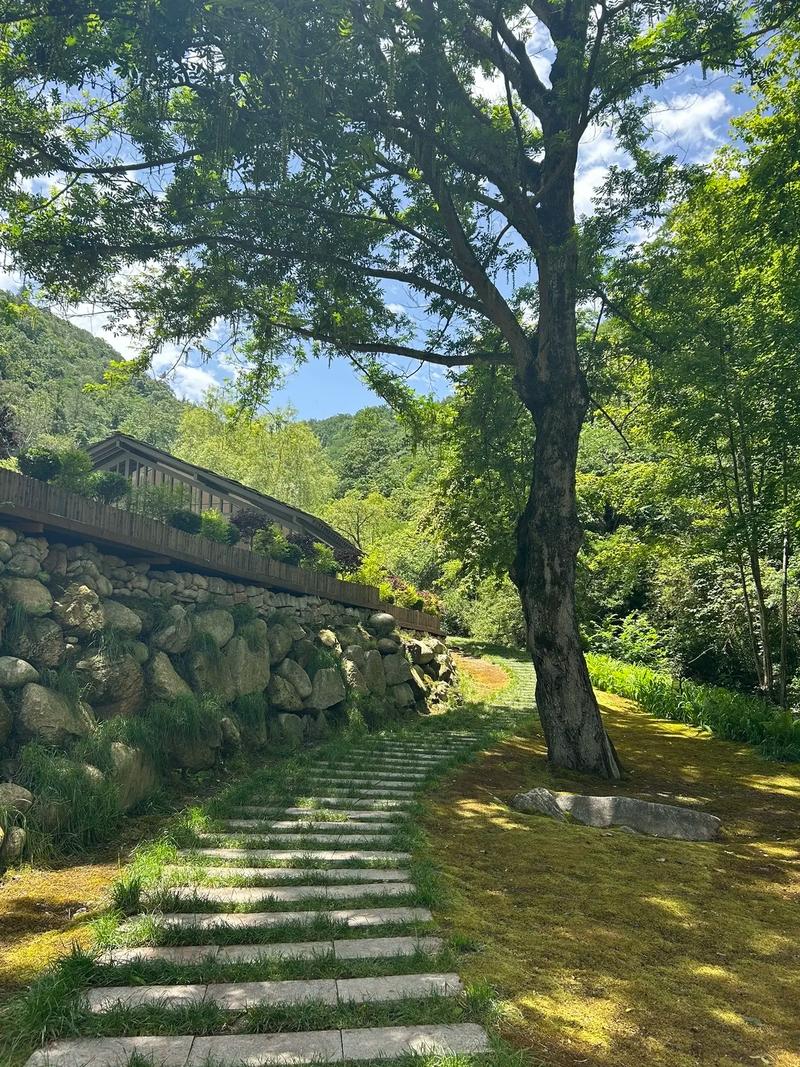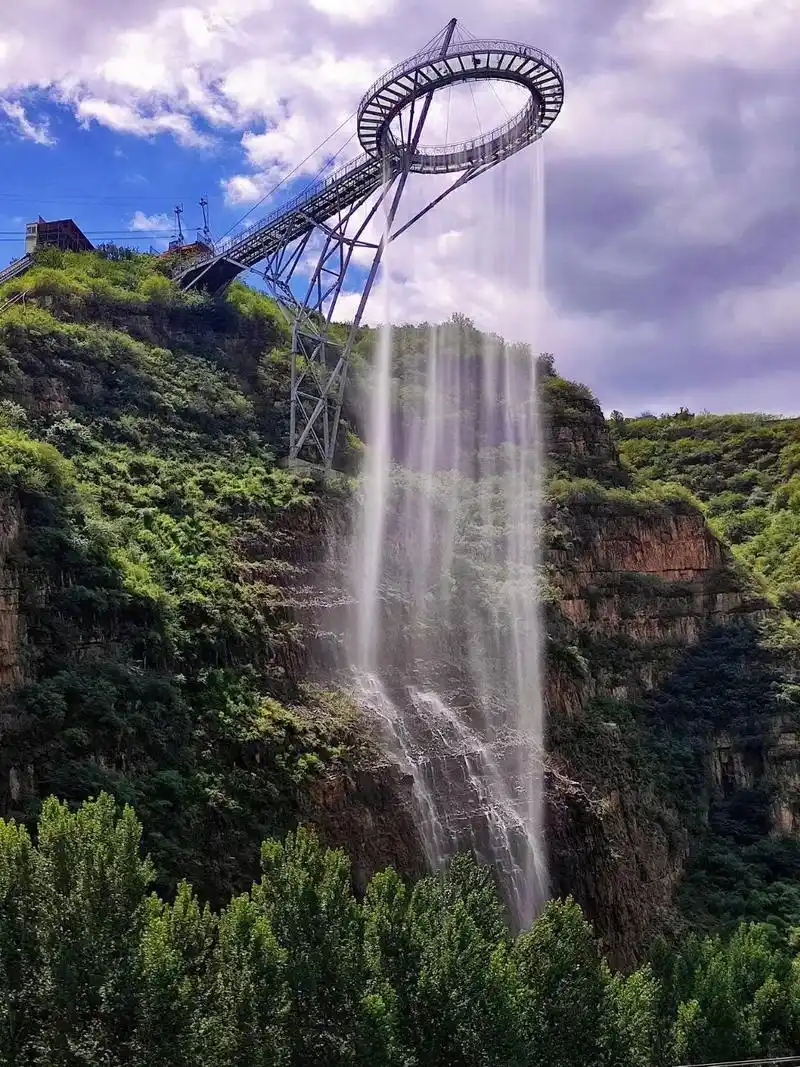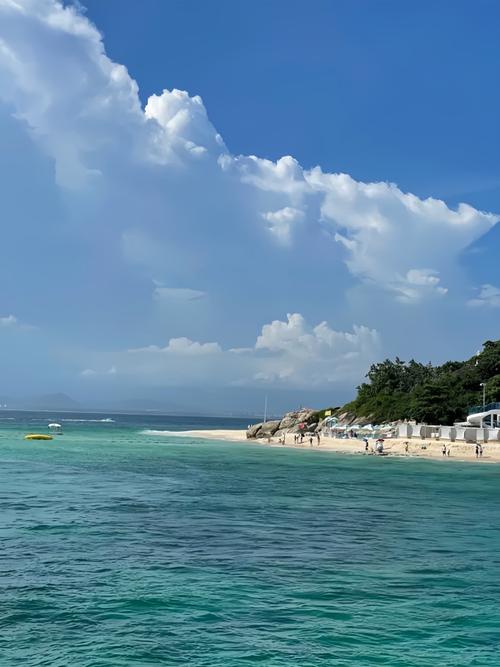France Travel
French Tourism Sustainability: Eco-Friendly French Attractions to Visit, Responsible Travel Tips
Embracing Sustainable Travel: Exploring Eco-Friendly Attractions and Responsible Practices in France
France, renowned for its cultural heritage, picturesque landscapes, and world-class cuisine, has long been a top destination for global travelers. However, as the climate crisis intensifies and overtourism threatens the integrity of historic sites and natural wonders, the concept of sustainable tourism has gained significant traction. For the conscious traveler, France offers a wealth of eco-friendly attractions and opportunities to explore its beauty responsibly, ensuring that its splendors endure for generations to come.
The Shift Towards Sustainability in French Tourism
The French government, local communities, and the tourism industry are increasingly prioritizing sustainability. Initiatives like the "Destination Tourisme Durable" label and the "Green France" strategy aim to reduce the carbon footprint of tourism, protect biodiversity, and support local economies. This national commitment aligns with a growing demand from travelers seeking authentic, low-impact experiences that go beyond the typical tourist trail.
Eco-Friendly Attractions: From Green Cities to Pristine Countryside
Sustainable travel in France isn't limited to remote natural parks; it is integrated into urban centers, rural villages, and coastal regions. Here are some standout eco-friendly attractions and destinations:
-
The French Regional Natural Parks (Parcs Naturels Régionaux): France boasts 56 Regional Natural Parks, which are living examples of sustainable development. Unlike national parks with strict protection rules, these parks are working landscapes where agriculture, handicrafts, and tourism coexist harmoniously with nature.
- The Verdon Regional Natural Park (Provence-Alpes-Côte d'Azur): Home to the stunning Verdon Gorge, Europe's deepest canyon, the park promotes eco-friendly activities like kayaking, hiking, and cycling. Local guides emphasize conservation, educating visitors on the fragile ecosystem. Stay in a gîte rural (a rural holiday home) that uses solar power and sources food from local farms.
- The Morvan Regional Natural Park (Burgundy): A haven of forests, lakes, and traditional villages, the Morvan is a model for community-based tourism. Visitors can volunteer on organic farms through WWOOFing, sample artisanal cheese from local producers, and hike hundreds of kilometers of marked trails without crowds.
-
Green Urban Spaces:

- Lyon’s Green Islands: Lyon, a UNESCO World Heritage site, is a pioneer in urban sustainability. The city features innovative green spaces like the "Parc de la Tête d'Or," one of Europe's largest urban parks, and the "Cité Internationale," a district built with eco-friendly materials and ample green areas. The city’s renowned Vélov’ bike-sharing system makes exploring its traboules (hidden passageways) and riverside paths a zero-emission delight.
- Nantes: The Green Machine: Often ranked as one of France's most livable cities, Nantes is a leader in green innovation. Explore the extraordinary Les Machines de l’Île, a artistic project celebrating imagination and nature, or stroll along the 500km of marked walking paths, the "Hiking Ring of Nantes," which circles the entire metropolis.
-
Eco-Conscious Cultural Sites:
- The Louvre-Lens (Hauts-de-France): An offshoot of the Parisian Louvre, this museum in northern France is an architectural masterpiece built on a reclaimed coal mine. Its design incorporates natural light to reduce energy consumption, and its parkland setting, designed by renowned landscape architects, has revitalized the local area, turning an industrial wasteland into a cultural and ecological asset.
- The Cité du Vin (Bordeaux): While celebrating the world of wine, this iconic museum is also committed to sustainability. It holds the ISO 14001 environmental certification for its waste management, energy efficiency (including a geothermal system), and its focus on promoting local, sustainable winemakers from Bordeaux and beyond.
-
Sustainable Vineyards: France's wine regions are at the forefront of the organic and biodynamic movement.
- Bordeaux and Burgundy: Many prestigious châteaux and domaines have abandoned pesticides and herbicides, opting for natural methods to nurture their vines. Travelers can tour these vineyards, often by bicycle or electric vehicle, and taste wines that are a true expression of their terroir, made with respect for the earth.
- The Loire Valley: Known as the "Garden of France," this region is perfect for slow travel. Explore its countless castles by bike along the Loire à Vélo cycle route, staying in eco-châteaux that prioritize local sourcing and environmental stewardship.
Responsible Travel Tips for Visiting France
Choosing eco-friendly destinations is just one part of the equation. How you travel is equally important. Here’s how to minimize your impact and maximize your positive contribution:
-
Travel Overland Where Possible: France has one of the world's best rail networks. The high-speed TGV trains are a low-carbon alternative to domestic flights. For a truly scenic journey, take a regional TER train through the Alps, Pyrenees, or along the Mediterranean coast. Once in a city, walk, cycle, or use public transport.
-
Embrace Slow Travel: Instead of a whirlwind tour of ten cities, choose one or two regions to explore in depth. Spend a week hiking in the Cévennes, cycling through Alsace, or sailing along the Brittany coast. This reduces transportation emissions, allows you to connect more deeply with the local culture, and benefits smaller, family-run businesses.
-
Choose Sustainable Accommodation: Look for certifications like the EU Ecolabel, Green Key, or Ecogîte. These accreditations ensure the hotel, hostel, or guesthouse meets strict criteria for energy and water conservation, waste reduction, and use of local products. Farm stays (fermes auberges) and agritourism are also fantastic options for an authentic experience.
-
Support the Local Economy: Eat at restaurants that feature "fait maison" (homemade) dishes and source from local producers. Shop at weekly farmers' markets (marchés), buy souvenirs directly from artisans, and visit independent boutiques. Your money will go directly into the community, helping to preserve local traditions and livelihoods.
-
Be a Conscious Visitor: The principles of "Leave No Trace" apply everywhere.
- Respect Nature: Stay on marked trails, do not pick plants or disturb wildlife, and pack out all your rubbish, even from remote areas.
- Conserve Resources: France, particularly the south, can face water shortages. Be mindful of your water usage in hotels. Reuse towels, turn off lights and air conditioning when leaving your room, and avoid single-use plastics by carrying a reusable water bottle (tap water is safe to drink in most places) and shopping bag.
- Respect Culture and Community: Be mindful of noise, dress appropriately when visiting churches or religious sites, and learn a few basic phrases in French. A simple "Bonjour," "Merci," and "Au revoir" go a long way in showing respect for the local culture.
-
Venture Off-Peak: Consider visiting France in the spring (April-May) or autumn (September-October). You'll avoid the massive summer crowds, reducing pressure on popular sites, and enjoy milder weather perfect for outdoor activities. You'll also often find better deals and a more relaxed atmosphere.
Conclusion: The Future of Travel in France
Sustainable tourism in France is not a niche trend but a necessary evolution. It offers a richer, more meaningful way to experience the country—one that values quality over quantity, connection over checklisting, and preservation over consumption. By seeking out eco-friendly attractions, adopting responsible travel habits, and supporting local communities, we can all play a part in ensuring that the magic of France remains vibrant and accessible, not just for us, but for the future travelers who will walk its paths, sail its coasts, and savor its flavors long after we are gone. The journey toward a more sustainable future is one of the most rewarding trips we can take.
-
上一篇

French Attractions Architecture: Appreciate French Architectural Wonders, Gothic & Renaissance Attractions for French Travel
**ATapestryinStone:ExploringtheArchitecturalMarvelsofFrancefromGothic
-
下一篇

French Attractions Events: 2024 Festivals at French Travel Spots, Music & Art Events Near Attractions
**Title:AYearofEnchantment:2024’sPremierFestivalsandCulturalEventsat
相关文章
- French Travel Guide: In-Depth List of the Best Places to Visit in France, Covering Hidden Gems and Classic Landmarks
- French Attractions Recommendation: 2024 Must-Visit Checklist for French Tourism, From Eiffel Tower to South of France Towns
- French Tourism Guide: Unlock the Best Destinations in France, Detailed Popular Attractions & Transportation Tips
- Complete Guide to French Attractions: Can’t-Miss Check-In Spots for French Travel, Collection of Urban Landmarks & Natural Secluded Spots
- Best Places for French Travel: Curated TOP 50 French Attractions, Scenario-Based Recommendations for Family/Solo/Couple Trips
- French Attractions Guide: Must-Experience Popular Destinations for French Tourism, Full Analysis of Historical Relics & Artistic Landmarks
- French Travel Check-In: List of the Best Places to Visit in France, Stories Behind Attractions & Visiting Notes
- French Attractions Recommendation: In-Depth Travel Guide for French Tourism, Itineraries From Loire Valley to Mont Saint-Michel
- Best Destinations for French Travel: 2024 Latest Ways to Explore French Attractions, Collection of Less Crowded Hidden Destinations
- Complete French Attractions List: All-Scenario Guide for French Tourism, Best Places to Visit in Different Seasons
发表评论
评论列表
- 这篇文章还没有收到评论,赶紧来抢沙发吧~
